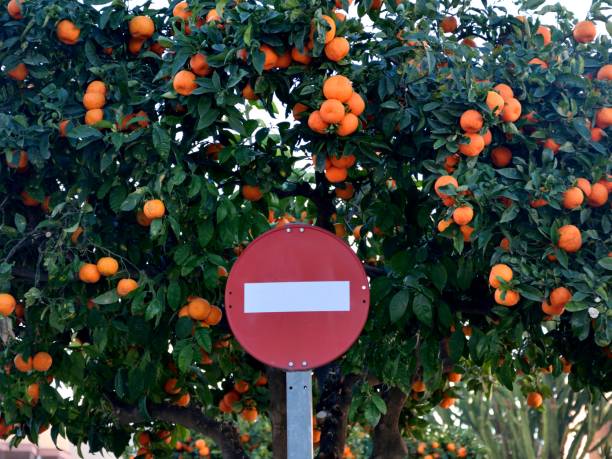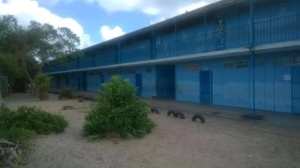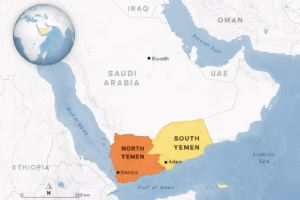The South African government has raised concerns over what it terms “stringent” restrictions imposed by the European Union (EU) on the export of South African citrus, which have now become the focus of a formal dispute at the World Trade Organisation (WTO).
For the first time, South Africa has requested the formation of two dispute panels within the WTO’s dispute settlement system to examine the EU’s measures that affect the import of South African citrus fruits. This move follows extensive consultations that failed to yield a mutually acceptable solution to the ongoing conflict.
EU’s Measures on Pest Control
The dispute centers on the European Union’s approach to combating the False Codling Moth (FCM), a pest recognized under the EU’s plant protection regulations. The EU’s measures include mandatory cold treatment and precooling procedures for citrus fruits imported from South Africa and other countries where FCM is prevalent, with the exception of Israel.
South Africa has raised questions about these “rigid requirements,” noting that similar restrictions are not imposed on other FCM hosts like roses and peppers. The country is also questioning why it is being treated differently from other nations with comparable conditions.
During its meeting on August 7, the South African Cabinet expressed concern that, although the EU’s restrictions do not amount to a ban, they are imposing significant costs on the country’s citrus industry, estimated at R2-billion annually.
“South Africa is the world’s second-largest exporter of citrus, and 33% of South Africa’s citrus exports are destined for the EU market,”
the Cabinet stated, highlighting that the industry directly employs over 140,000 people.
South Africa’s Appeal to the WTO
South Africa’s request to establish two dispute panels was considered during a meeting of the WTO’s Dispute Settlement Body on June 24. In both cases, South Africa contends that the EU’s measures are not grounded in scientific principles, lack sufficient scientific evidence, and are more trade-restrictive than necessary to achieve the EU’s desired level of protection.
In response, the EU expressed regret over South Africa’s decision to escalate the issue to panel proceedings but maintained that its pest-control measures are justified.
The WTO’s Dispute Settlement Body agreed to establish the panels on July 26, though the composition of these panels has yet to be finalized.
Regional Trade Tensions: Botswana’s Import Ban
The Agricultural Business Chamber of South Africa (Agbiz) has also expressed concern over Botswana’s temporary ban on South African fruit and vegetable imports, which took effect on June 17 and is set to last until August 31. This ban is part of Botswana’s broader strategy to strengthen local agriculture and move towards food self-sufficiency.
Theo Boshoff of Agbiz has criticized Botswana’s import restrictions, arguing that they harm South African farmers and lead to increased food prices for consumers.
“The consumers are incredibly important here, and with veggies in particular, things like potatoes, onions, tomatoes, etc. Some of the SADC countries, Botswana and Namibia, might up their demand during certain times of the year but not throughout the year. It’s a bit of a challenge, and these measures get put in place. It helps retailers plan so that consumers don’t bear the brunt of high food prices,”
Boshoff explained.
He emphasized the need for South Africa to engage in government-to-government discussions with Botswana to clarify the legal grounds for the restrictions.
Agbiz also warned that the restrictions are unsustainable and could damage the political and economic relations between the two countries. The bans, which include a temporary halt on orange imports and extended restrictions on various fresh produce until 2025, are seen as disruptive to trade within the customs union and detrimental to South Africa’s citrus exports.
Wolfe Logan Braude, manager of Agbiz Fruit, expressed concern that these measures undermine the concept of borderless trade and could lead to market inefficiencies and price fluctuations.
“These measures undermine the concept of borderless trade and could lead to market inefficiencies and price fluctuations,”
he said.
Braude called for an urgent, legally sound solution that respects the customs union while addressing the agricultural needs of both countries.

















